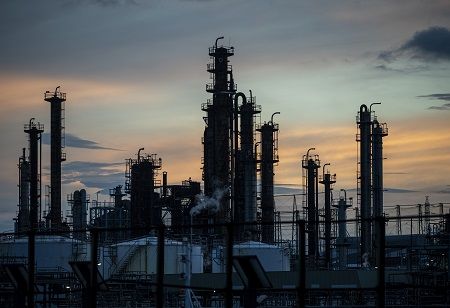
India Plans New Strategic Oil Reserve to Boost Energy Security
- India plans three new strategic oil reserves to boost energy security.
- New sites include Bikaner, Mangalore, and Bina, adding to existing and approved reserves.
- Supports India’s IEA membership goal and allows private sector participation.
India aims to establish another set of three new strategic oil reserve systems as in order to improve enhance its emergency stock filing and energy security, said L R Jain, Managing Director of Indian Strategic Petroleum Reserves Ltd (ISPRL).
The nation relies on imports for over 80 percent of its crude needs as the third world largest oil importer and consumer with diversification sources to minimize geopolitical risks.
Feasibility studies for the new sites are being done by state-owned Engineers India. The planned reserves will include a 5.2–5.3 million ton reserve in salt caverns at Bikaner (in Rajasthan), 1.75 million tons in Mangalore (in Karnataka), Bina (in Madhya Pradesh) yet to finalize capacity reserve, and complemented by the three existing reserve in Mangalore, Padur and Vizag with up to 5.33 million tons of crude oil.
Also Read: India, Gulf Discuss Mineral Security & Green Steel Production
L R Jain said, "We are looking for 90 days of reserves. And Indian fuel demand is also rising, so we need additional storage".
The new sites are still pending approvals from the federal cabinet and is additional to the already staked 2.5 million tons at another Padur and 4 million tons in Chandikhol (Odisha).
India has updated its strategic reserve policy to allow private sector involvement and commercial use, similar to what some countries like Japan and South Korea have done. In this model, private oil companies can lease storage and trade the crude.
Expanding the strategic storage is also critical to India's efforts to join the International Energy Agency (IEA), which requires members to maintain reserves equivalent to 90 days of consumption. Currently, India can cover 75 days based on combined storage from the government, companies, and oil in-transit.

.jpg)